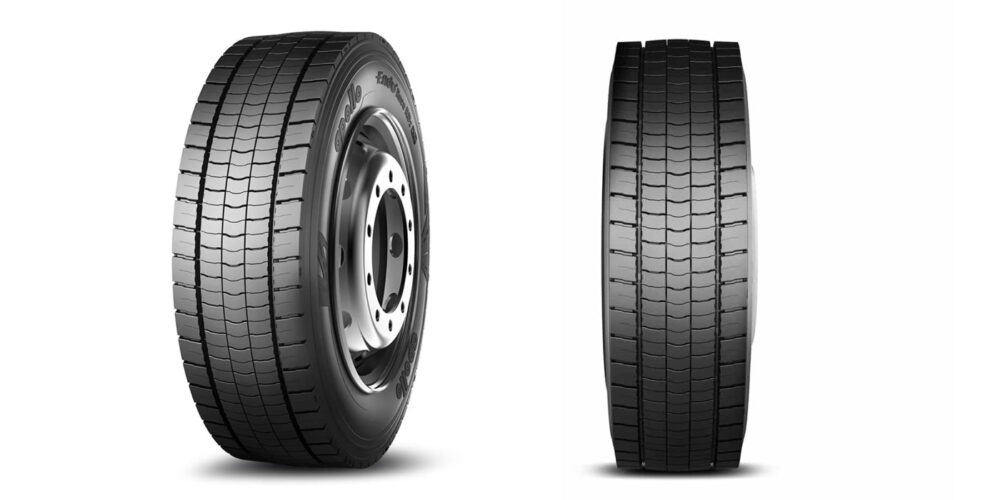Fuel economy legislation, which will take effect from 2014-18, is a positive step for fleet operators. You can question the EPA’s authority to set fuel economy standards without congressional approval, but the result is favorable for end users.
For 20 years prior to 2010, federal legislation has forced reduced exhaust emissions at the expense of fuel economy. The use of SCR helps recover some (about 3%) of that lost fuel economy, but more significant improvements are needed. Why, you might ask?
First, we know the price of diesel fuel will be constantly increasing for two simple reasons. We’ve reached peak worldwide oil production, and most current refinery projects will take several years to become commercial. In the meantime, China and India are competing with us for the world’s crude supply.
The U. S. has tried to reduce its dependence on Middle Eastern crude by increasing imports from Canada, but the Chinese have gotten wise to that plan. They currently are purchasing Canadian (and American) assets in Canada as rapidly as possible.
We’ve heard many uninformed or misguided comments about how alternate sources of energy are going to totally eliminate foreign energy dependence. I see consumers paying $8,000 more for a Toyota Prius, which will only save them about $2,400 in eight years of service. The farm lobby tells us that ethanol will reduce our energy dependence significantly. In fact, legislators recently agreed to the use of 15% ethanol in gasoline to increase usage to regulated minimums. In my opinion, the words “ethanol” and “fuel economy” don’t belong in the same sentence, unless that sentence is, “ethanol significantly reduces fuel economy.”
Researchers are concentrating hard to try to investigate alternate sources of energy such as algae and cellulosic ethanol, but these efforts are several years away from actual commercialization. They continue to keep working diligently, but you’ve got a fleet to operate now. So what are you supposed to do?
I’m firmly convinced that natural gas (either CNG or LNG) will be the near-term alternate fuel of choice. Companies such as Cummins, Impco and Westport have many years of experience with gaseous fuels. All of the major engine and truck builders are now offering gaseous fueled engine options. Major oil companies are very familiar with handling gaseous fuels.
And the advent of hydraulic fracturing (fracking) has opened up vast natural gas reserves in the U.S. We now have virtually unlimited supplies of natural gas, so prices should remain low for quite some time.
Fleet operators should perform their own analyses of the costs of operating natural gas fueled vehicles in their fleets. I’ve seen comments out there that natural gas vehicles deliver better fuel economy than diesel at lower cost, but I’m skeptical of anything I see that isn’t accompanied by data. However, natural gas prices are very low, and I think you can find available funding and tax credits to assist with the purchase price of the vehicles.
Some pundits harp about the lack of natural gas refueling stations, but Clean Energy Fuels and Chesapeake Energy recently committed to building 150 fueling stations across the U.S. within two years. By the way, the China National Offshore Oil Corp. (CNOOC) is one of Chesapeake Energy’s backers.
If I were responsible for operating a fleet, I would invest in a few natural gas fueled vehicles now to evaluate their cost of operation and durability.
I would also keep watch on the fuel economy improvements claimed by diesel engine builders over the next seven years. I don’t see much change before 2014, but I think you will see some exciting developments between 2014 and 2018. Spending more money on newer technology trucks may pay off significantly then.













